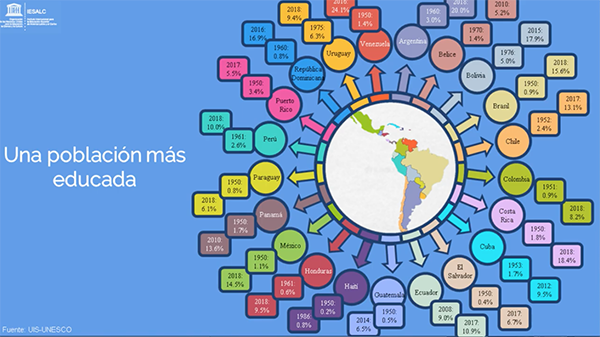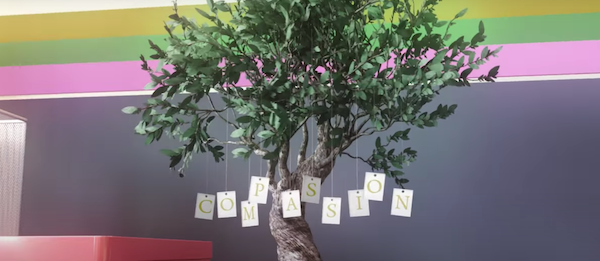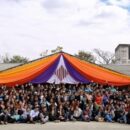In the Global South scarcity of resources hinder sustainable development in higher education
In the session “Aiming for Impact – Revolutionizing Education for a Sustainable Future” at COP28, Francesc Pedró, Director of UNESCO IESALC, highlighted the problems of sustainability in higher education in the Global South, where less than 10% of young people have access to education and less than half of those who have access actually complete their studies.
He stated that sustainability requires resources, which are scarce in this context where other priorities come first, even though it should be a priority to address, for example, environmental change and the risks associated with it.
The good news, says Pedró, is that the commitment of individual teachers to greening higher education is higher and they are using innovations that unfortunately remain invisible for most of the world.
UNESCO IESALC has developed a bootcamp that aims to inspire and empower teams of academics, instructional designers, educational developers and students to acquire a learning design mindset focused on Education for Sustainable Development (ESD).
The objective of the session was to inspire and equip attendees with the knowledge, strategies and motivation needed to drive meaningful change in education and values, fostering a sustainable future
UN Climate Change Conference (COP 28) will work to bring the world together to reach an agreement on audacious, realistic, and ambitious solutions to the most serious global issue of our time during this pivotal decade for climate action.
COP stands for “Conference of the Parties,” which is a generic term in international relations for a committee formed after an international treaty is signed and charged with making decisions about how that treaty will be implemented.
RELATED ITEMS








